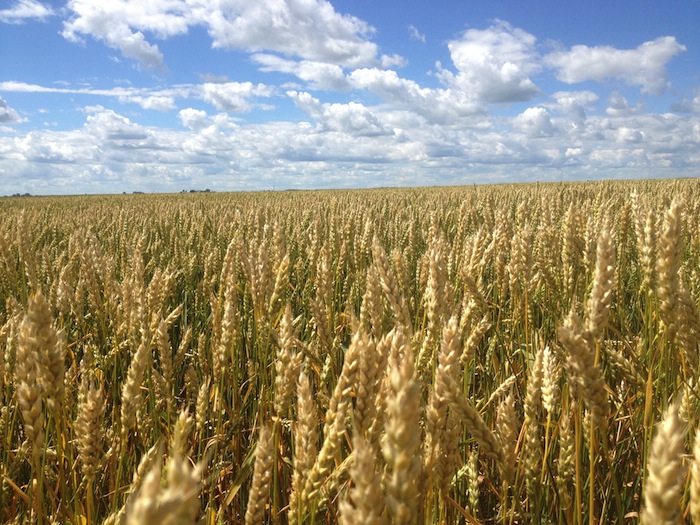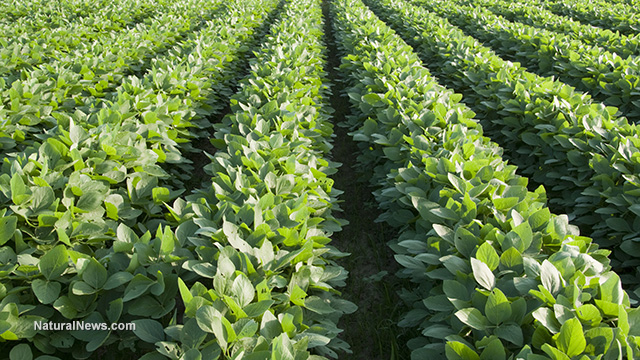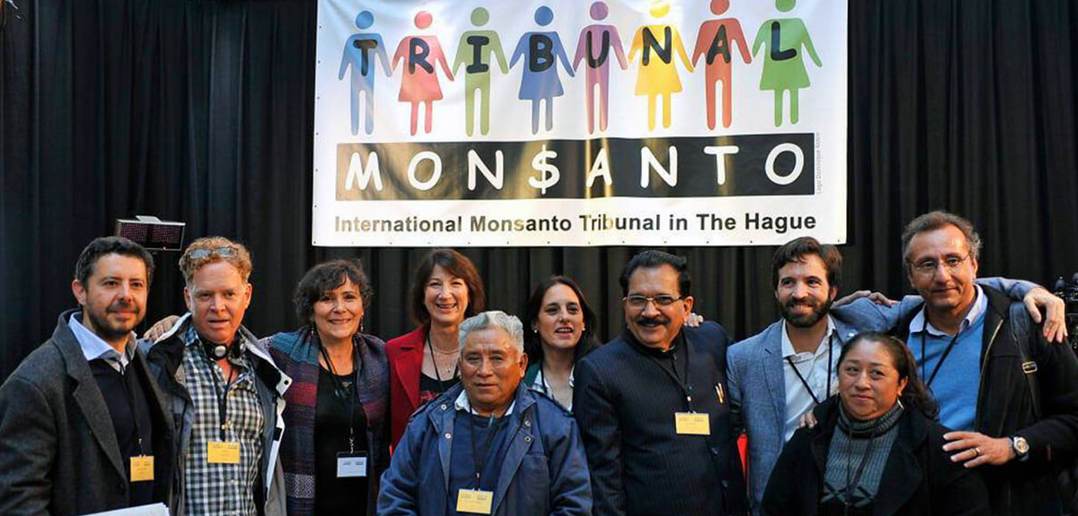Posted By: RobertS
Date: Saturday, 29-Nov-2014 19:30:17
The Agricultural Growth Act, Bill C-18, has been passed by the Canadian government. It be an omnibus bill that amended nine separate pieces of agricultural legislation.
A breeder of a new plant variety is given a form of intellectual property rights, resembling but not identical to a patent, under the Plant Breeders’ Rights Act (PBRA) of 1990.
The Plant Breeders’ Rights Act(1990) does not have an enforcement role, so it be up to the rights holder to take on infringements by the court system.
The International Union for the Protection of New Varieties of Plants (UPOV) of 1991, be an international Convention, which Canada a member state and signatory.
Before this passing of Bill C-18, the PBRA was based on the 1978 UPOV, which recognized that a farmer could use part of their harvest for seed.
The 1991 UPOV version gave more extensive and unshared rights to plant breeders, ao that farmers required authorization from plant breeders to use harvested crop as seed.
But, for Canada to sign consent to the UPOV (1991) Convention, making it officially valid, Canada had to amend the PBRA(1990). That be what Bill C-18 did.
But, in this Changes to Agricultural Legislation blog by Alex Fletcher in April, 2014, PBR holders are given the “exclusive right to produce and reproduce, condition, sell, export or import, and to stock propagating material for 20 years (to “condition” means to clean and/or treat seed and to “stock” means to bag or store seed). This is a significant expansion of intellectual property protection and expands the legal avenues for seed companies to pursue royalties. Further, the ability to collect end-point royalties on the whole crop following harvest if not previously collected on the seed would be permitted with these changes. These powers would only apply to varieties introduced after the new Act comes into force. Existing varieties would continue to be subject to the UPOV’78 rules and conditions”.
.
Robert
Sarnia, Ontario
But, the older existing varieties subject to UPOV(1978) rules and conditions, can be withdrawn by variety registrants, who are often PBR holders, on demand without any standard by which it may be judged, and with no established process for which another business unit to take over responsiblity for a variety that has been cast off, so that farmers can continue using it.
The Canada – EU Comprehensive Economic and Trade Agreement (CETA), which the Government of Canada recently agreed to in principle, expands the enforcement powers of PBR holders.
—and this be why the National Farmer Union be “sounding the alarm” that,
Harper Government Destroys Farmer Control Over Seed
“The National Farmers Union (NFU) is sounding the alarm with the passing of Bill C-18, the Agriculture Growth Act omnibus bill yesterday in the House of Commons. “Farmers must now contend with UPOV ’91. UPOV ’91 is one of the most farmer-unfriendly mechanisms we have ever seen,” exclaimed Jan Slomp, NFU President.
“Bill C-18 gives seed breeders– increasingly large multinational companies — massive new rights over seed along with the power to extract vast amounts of money from farmers,” added Ann Slater, NFU Vice President (Policy).
“UPOV ‘91, enacted through Bill C-18, gives plant breeders exclusive rights over seed by allowing them complete control over the saving and reusing, conditioning, stocking, importing and exporting of seed. They also now control who may be authorized to do any of these activities,” said Terry Boehm, Chair of the NFU Seed and Trade Committee. He added, “Farmers get a “privilege” which can be removed or diminished, to save and reuse, condition and store seed for their own holdings. The most immediate problem is farmers now have only a transient privilege while breeders have permanent exclusive rights. This is wrong, wrong, wrong,” Boehm declared.”
This not to mention that GMO seeds are playing havoc. Bees naturally pollinate alfalfa fields. So when bees fly between GMO alfalfa & non-GMO alfalfa, cross pollination occurs. So a farmer that has a non-GMO alfalfa may have a GMO trait, he can risk being sued.
But that is another story, about genetic contamination that continues to be multiplied through cross-pollination that occurs each year. “Somebody call the Canadian Food Inspection Agency”









